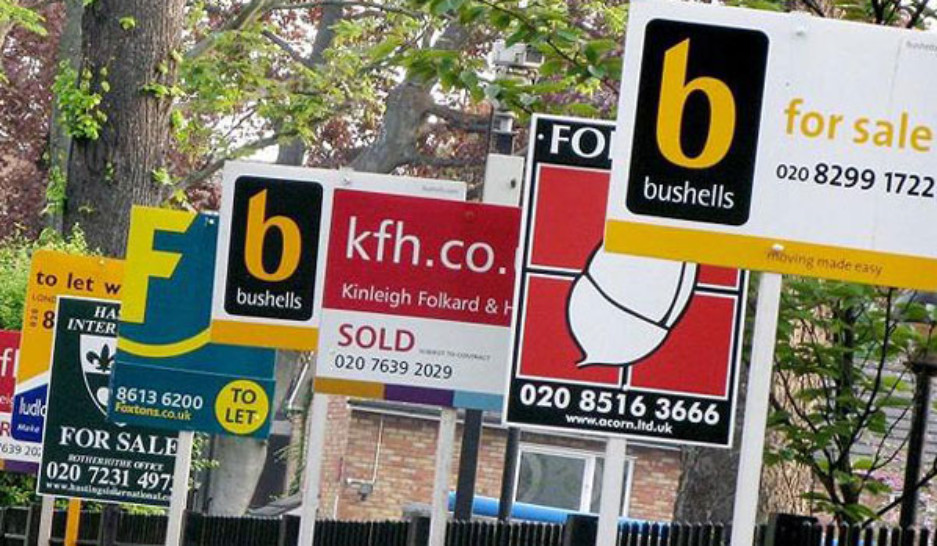Nationwide’s April housing survey revealed house prices fell by 0.4% following a 0.3% drop in March. Annually, the rate of growth dropped to 2.6% from 3.5% the previous month.
Nationwide’s chief economist, Robert Gardner, said the softening in growth was surprising given that the rate of unemployment had fallen to lowest point in 40 years and mortgage rates continued to drop.
He said: “While monthly figures can be volatile, the recent softening in price growth may be a further indication that households are starting to react to the emerging squeeze on real incomes or to affordability pressures in key parts of the country.”
The latest slowdown is thought to be part of a broader trend, as retail sales growth has also slowed in recent months. In October, retail sales grew at a rate of 7.3%, but this had dropped to 1.7% by March this year.
UK inflation currently stands at 2.3%, its highest level since September 2013.
“Household budgets are coming under pressure, as wage growth has moderated and inflation has accelerated,” said Gardner. “The household saving ratio, which measures how much income goes unspent each quarter, fell to an all-time low of 3.3% in Q4 on date extending back to 1963.”
The dip in prices could also be pegged to the imbalance between wage growth and the rise in the price of property. The typical house, worth £208,000, is 6.1% times average earning which is approaching the all-time high of 6.4 times seen in 2007.
Despite the squeeze on household income, consumer confidence is fairly high. Big ticket purchases such as car sales and mortgage approval levels for house purchase remain robust.
Statistics from the Bank of England showed January’s house purchase mortgage approvals rose for the fourth consecutive month to reach 69,928. While these transaction levels remained 4% lower than January 2016, when 72,754 loans were approved, activity has been improving steadily since lows of 61,884 and 61,411 seen in July and August respectively last year.
















